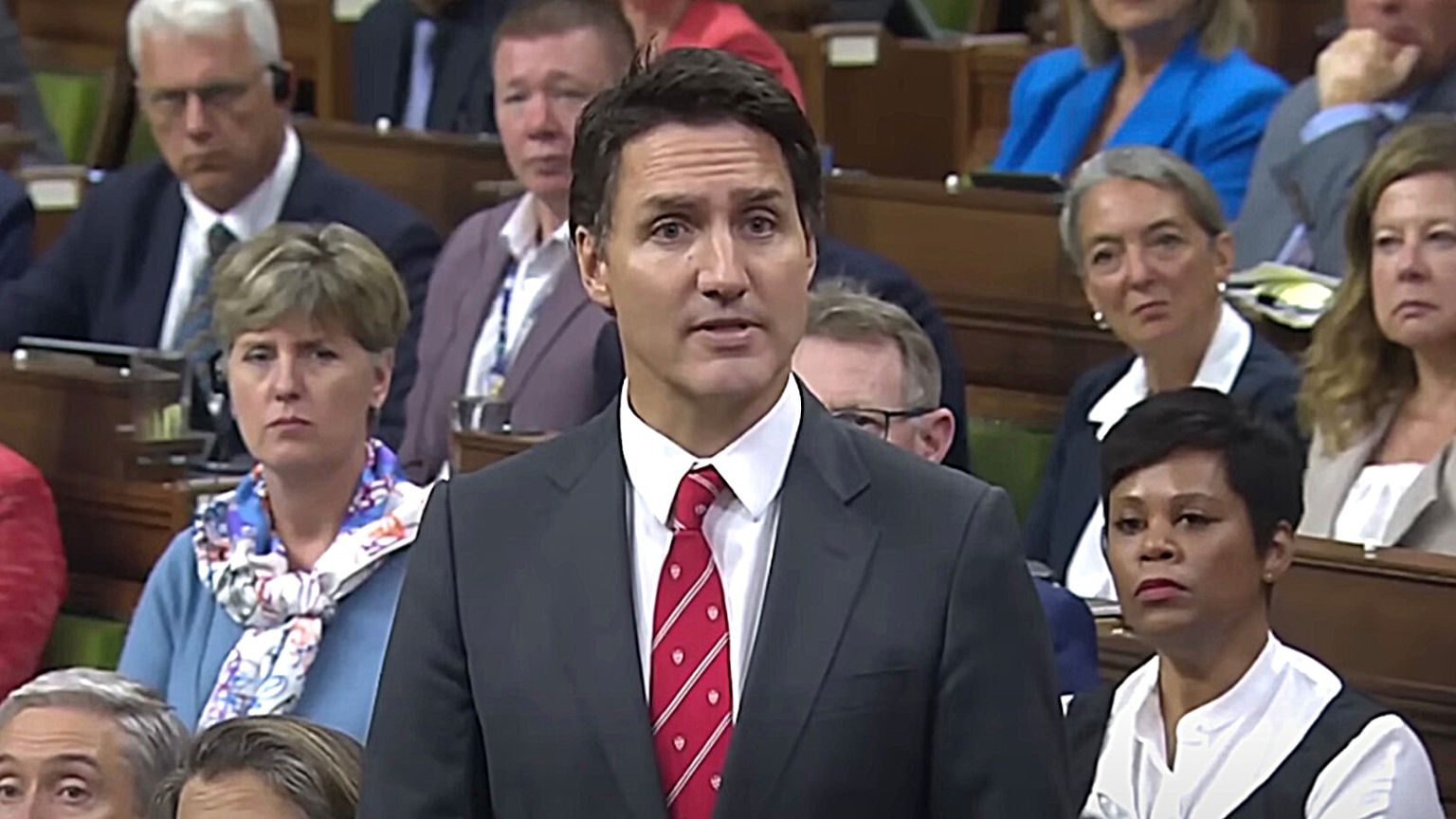A “global” declaration – that only manages to garner the support of 27 out of 193 UN member countries. How dreadfully humiliating – some might say.
But rest assured, Canada’s government will find a way to spin this abysmal result of its effort to use this year’s (likely, as ever, a waste of time and taxpayer money) UN General Assembly gathering in NYC to push some of its own agenda – or the agenda it’s tasked to push.
First, what is this yet another “global declaration” – and why has it failed so spectacularly? (The answer may in fact be the same.)
According to an announcement by the Canadian government, cited by the press, the purpose of the “global” declaration is to combat “disinformation.”
“Global Declaration on Information Integrity Online,” is what it’s called, and besides the “trusty” Canadians, the Dutch were also seemingly randomly thrown (an EU country, one or the other) into drafting it.
And look who was readily on the side, to sign it: the US, the UK, Germany, Australia, Japan, Korea, etc.
There are (not many, though) more countries here, but their alignment on “issues” was never in question; and now, instead of a UN General Assembly as a place of the meeting of the minds and meaningful discussions, we have it as a showdown for a world aligning into different, this time huge and truly global blocs, to showcase their different allegiances.
How dreadful – for world peace, going forward.
Meanwhile – what does the Canadian document that only managed a meager backing at the UN have in mind?
It’s “necessary and appropriate measures, including legislation, to address information integrity and platform governance.”
If any of us tried to make the Canadian proposal more ludicrously broad-worded than this is, I’m sure we’d not succeed. But there is an attempt to narrow the “declaration” down. If suitable, “we” go back to “international human rights law.”
So – those who sign the document will do so in a way that complies “with international human rights law.” (?)
Problem: a number of full-fledged UN members are saying, the very UN founding Charter really any longer means anything – having been broken by the likes of Canada, time and time again.
There’s other usual declarative tosh as you might see from these governments’ daily briefings – the only time they ever try to narrow down or clearly define any of the “definitions” is when they mention the tech they’d like to better control – such as ChatGTP.










